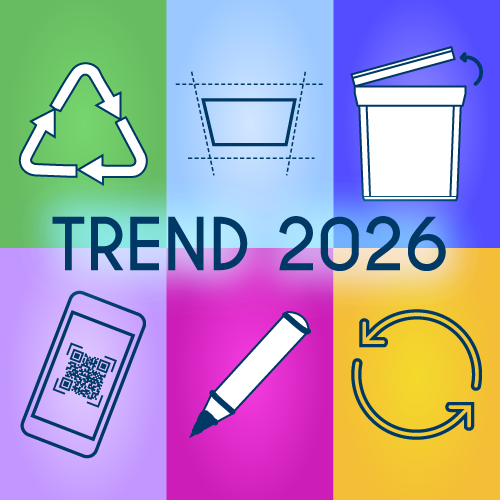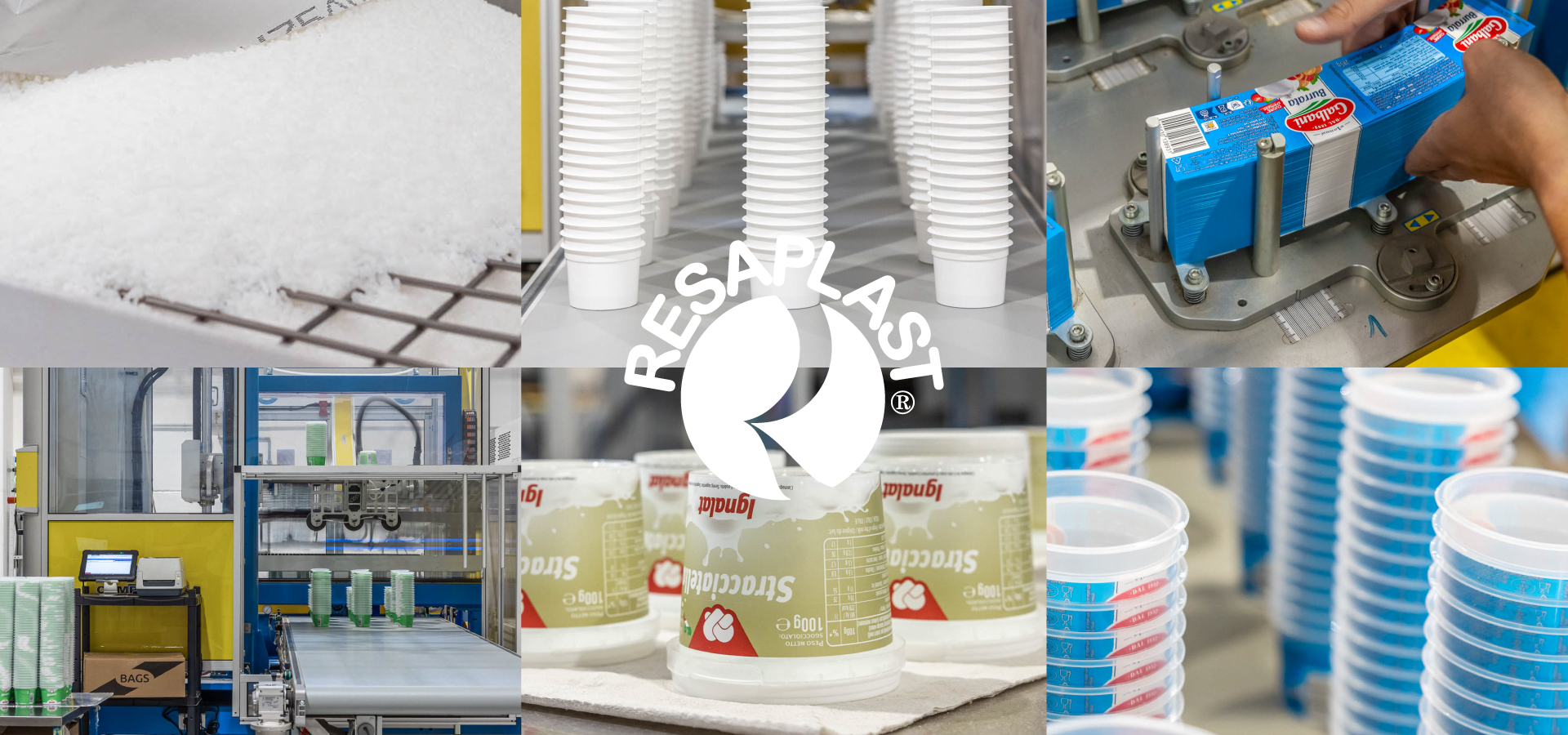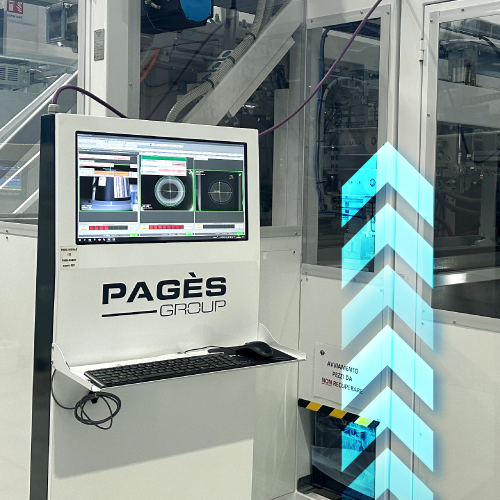

At a time when the agri-food sector is being called to rethink the entire packaging cycle, the role of packaging itself is expanding: it is no longer just functional, but also environmental, regulatory, and reputational.
For over fifty years, Resaplast — a company specializing in the production of polypropylene food containers — has made sustainability, regulatory compliance, and social responsibility key drivers of innovation and competitive advantage.
From single-use to circularity
In food packaging, talking about “ecological transition” means rethinking plastics — designing them to last, to be reused, and to return as a resource.
This process shifts the focus from the traditional single-use model to a virtuous circular model based on reuse and recycling.
Resaplast has chosen to invest in 100% recyclable virgin polypropylene, a mono-material that ensures reusability, simplifies recovery, and reduces contamination in recycling streams compared to multi-material solutions. Trays, jars, and containers are designed according to eco-design principles to minimize waste, combining food safety, long shelf life, durability, and versatility to meet the sector’s diverse operational needs.
All this takes place within a “Smart Factory 4.0” facility, where advanced, low-impact technologies and clean-energy machinery combine productivity and sustainability.
European regulations: from compliance to innovation
The food packaging industry is undergoing a rapid regulatory evolution. The European Union is setting increasingly stringent goals for the transition toward a sustainable packaging economy, aiming to significantly reduce waste and increase circularity.
For Resaplast, compliance with these regulations is not an obligation but an opportunity to anticipate industry trends, drive innovation, and enhance our product offering:
New social awareness: consumers and responsibility
Today, consumers judge a product as much by its packaging as by its content. Food safety, ease of storage, transparency about the life cycle, reduced environmental impact, and design all directly influence brand perception.
Resaplast meets these expectations by producing MOCA-certified, non-toxic polypropylene containers, resistant to high temperatures and chemicals, suitable for food contact, and guaranteeing food safety along with high quality and preservation standards throughout the supply chain.
We also offer customization through color and labeling, turning packaging into a tool of visual communication, capable of expressing brand values and telling a story of sustainability and premium quality.
Furthermore, choosing recyclable and safe containers produced in sustainable facilities becomes a strategic brand positioning tool, conveying values of responsibility and environmental commitment — in line with modern social expectations.
In a market evolving toward more aware models, Resaplast positions itself as a trusted partner for companies that want to innovate responsibly. By combining technical expertise, sustainability, and regulatory compliance, we support our clients in the ecological transition of packaging.
The future of food packaging is not only greener: it is smarter, more transparent, and more connected to the values of the modern consumer. And Resaplast is ready to lead this transformation.


